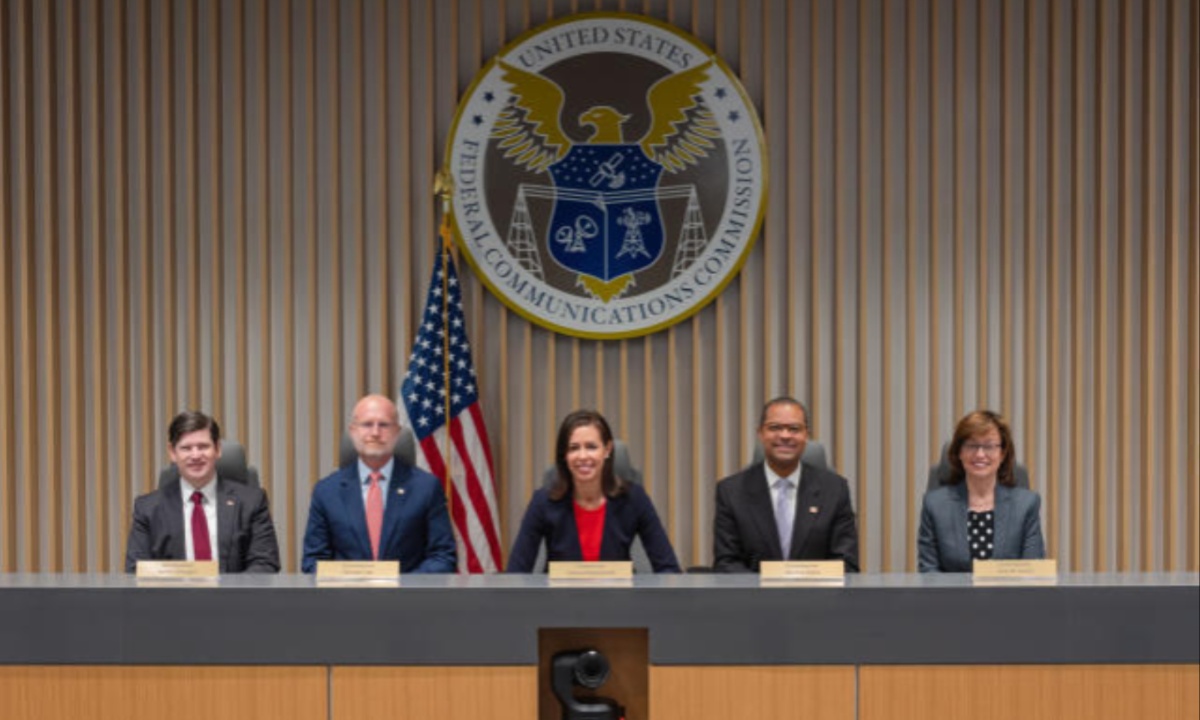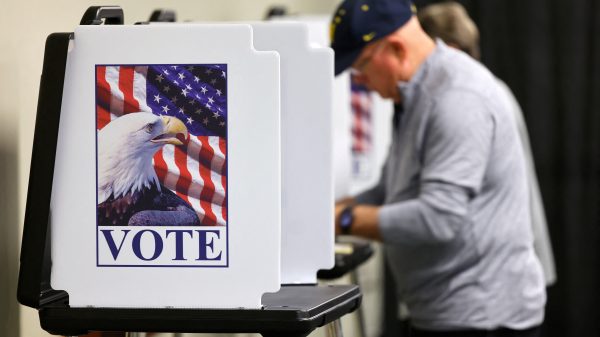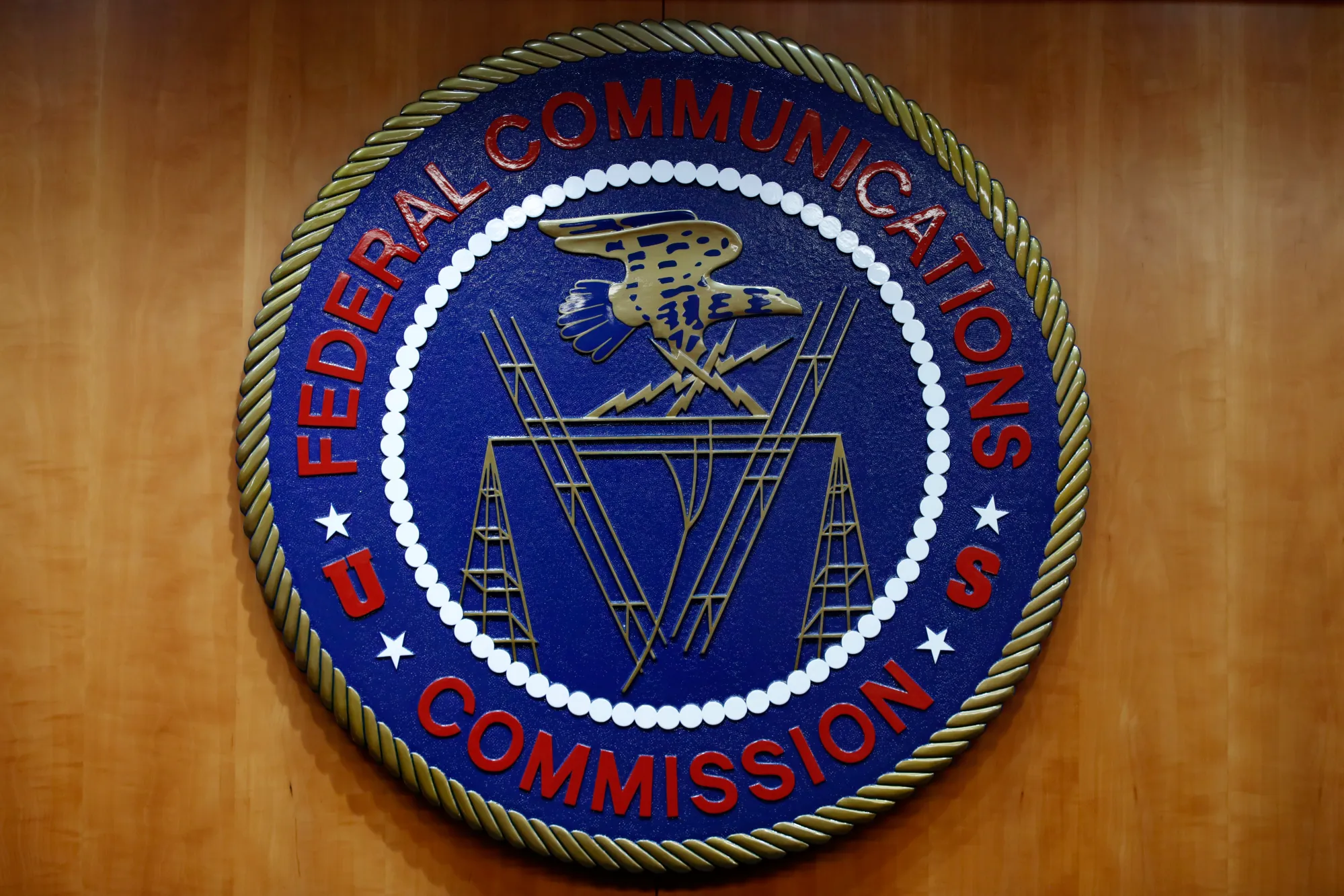The authority of government agencies to regulate businesses faced a significant challenge as an appeals court suspended the Federal Communications Commission’s (FCC) ruling that restored net neutrality. This stay postpones the decision until after the upcoming elections. Regardless of the election results, the Supreme Court may ultimately decide the case. The high court’s past decisions have already weakened federal agencies’ regulatory powers, paving the way for increased challenges to their authority.
The Sixth Circuit Court of Appeals extended its suspension of the FCC’s net neutrality rule until additional arguments are heard in October. This marks another step in the ongoing conflict over regulations requiring internet service providers (ISPs) to provide equal data transmission speeds.
Initially imposed during the Obama Administration, repealed under Trump, and reinstated by the FCC in April at President Biden’s behest, net neutrality has become a contentious issue involving regulators, businesses, and political opponents.
The appeals court’s decision to hear more arguments suggests that the broadband provider plaintiffs have a strong case, increasing the likelihood that the FCC’s net neutrality rule will be struck down.

Appeals Court Halts FCC Net Neutrality Rule, Highlighting Ongoing Regulatory Disputes
Additionally, if Republicans win in November, they are expected to repeal the net neutrality rule and other regulations they oppose. However, these immediate outcomes are part of a broader trend of increasing challenges to federal agencies’ regulatory authority.
This trend gained momentum after the Supreme Court overturned the Chevron Doctrine, which required courts to defer to federal agencies’ interpretations of ambiguous laws. By rejecting this 1984 precedent, the conservative Supreme Court majority signaled that regulations established by government agencies are vulnerable to legal challenges. This has led to a rise in litigation against agency regulations, often supported by conservative groups.
Democrats are attempting to counter these attacks on regulatory authority, but they face significant obstacles. Senator Elizabeth Warren introduced a bill to codify the Chevron Doctrine, but it faces slim chances in a divided Congress.
President Biden proposed Supreme Court reforms, including term limits and ethics rules, but these are also unlikely to pass. As a result, Biden’s efforts may not impact the net neutrality case or slow the growing number of legal challenges to federal agency rulings.









































